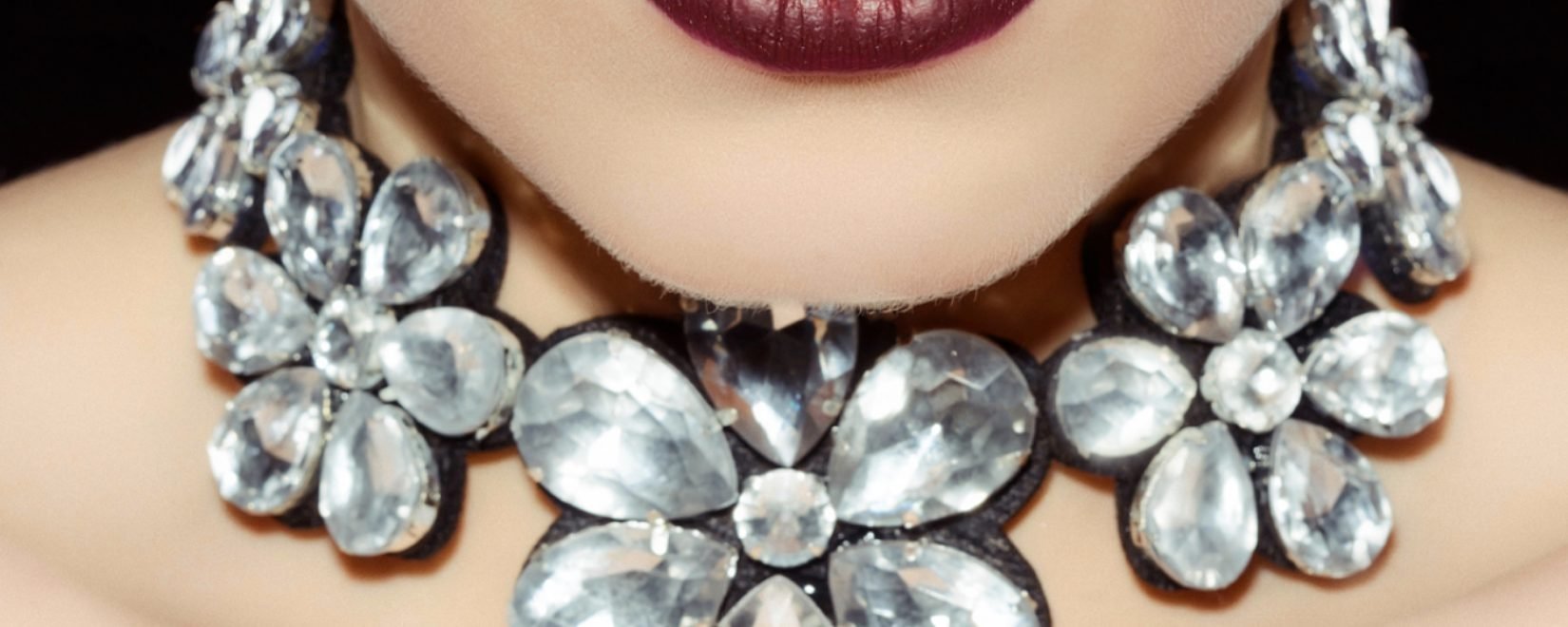Affordable Luxury: Redefining Luxury For The Masses
As the world becomes more expensive and inflation grows, it shows more promise for the potential growth of ‘affordable luxury’. With the release of lockdown restrictions, there is more demand for value-driven luxury products and services.
Transformative Times: Trends Shaping Our Future
How will the future look? It's difficult to say. As the world moves forward, the reality is that expectations have rapidly changed about what people need and want.
In this series, we share how we predict these trends will influence consumers and their behaviour, and what this means for brands.
Here are a few notable key trends currently shaping the future that brands should be paying attention to in the aftermath of the pandemic.
Affordable Luxury
As the world becomes more expensive and inflation grows, it shows more promise for the potential growth of ‘affordable luxury’. With the release of lockdown restrictions, there is more demand for value-driven luxury products and services.
One idea behind this is the habits we formed during the pandemic with higher usage of the internet and social media platforms. People have become more conscious and aware of their digital presence and looking for ways to express themselves. The concept of ‘affordable luxury’ appeals to people who don’t have to be wealthy to showcase their lives online but still serves as a status symbol.
The theory of ‘the lipstick effect’ is a relevant example to think about at this moment in time of how consumers are spending on small indulgences when times are tough and unpredictable. People are holding back on splurging on big expensive purchases such as holidays or cars, but still want ways they can treat themselves. It’s one way of predicting how people might behave when things are uncertain and surviving through an economic downturn.
What’s the deal with ‘affordable luxury’?
The logic is simple. When the economy is down, people will compete with each other to secure resources such as money and jobs or opportunities as they become in shorter supply, which triggers more competitive behaviour among people. An example of this is thinking about how we look and feel, but making a small change to our appearance or lifestyles to make ourselves feel better.
Why is ‘affordable luxury’ happening?
Affordable luxury is an accessible way for people to express themselves and feel they are staying ahead. When consumers struggle with their finances, they might trade down to an affordable luxury item. Cash-strapped consumers want to reward themselves with something that helps them to forget their financial problems.
Society has always desired luxury, from exclusive experiences in fine dining and travel to fashion brands. However, we are now seeing a move towards a more inclusive luxury market with options for everyone.
How can brands benefit from ‘affordable luxury’?
More and more people are now looking for everyday luxury treats, having got used to treating themselves in any way possible during the lockdown. Despite the costs of the living crisis, it is predicted that the demand for affordable luxury will continue to grow.
Brands are diversifying in reaching new audiences by collaborating with high-end fashion houses. UNIQLO launched a collection with Marni where Creative Director, Francesco Risso describes it “We really realised how such different practices were actually giving both of us very interesting new perspectives.” Birkenstock recently collaborated with Dior to meet the luxury consumer demand to dress and feel good but still deliver an immersive and unforgettable brand experience.
There was a huge demand for the affordable ‘Omega X Swatch Bioceramic MoonSwatch’ which is considered “one of the most collectable, discussed and lusted-after watch models”, innovating itself with a blend of “streetwear and luxury”.
The term ‘affordable luxury’ is an oxymoron in itself, but brands that can position themselves authentically and innovatively can have success with new audiences. For exclusive luxury brands, we predict more creativity in collaboration and smaller affordable pieces that can help create a recession-proof strategy.

